It is obvious that we will never forget; but it is unclear how to proceed with “un-forgetting.”
I am walking towards the depths of forgetfulness, desperately ignoring the images lingering in my memory, clogging the veins to my emotions. I circle around, from right to left, but still cannot find my way in.
How can I when justice has yet to be served in Syria? The Assad regime is still there.
I cannot forget.
My memory is a lifelong obstacle; I haven’t been able to write in a while.
I can never return home. They have taken everything.
It’s all I can think about.
I tell myself that the despotic regime has nothing left except for the external appearance of an imaginary authority over a land that no longer belongs to them — Iran and Russia have stripped them of everything.
My reasoning quenches nothing.
In movies, we witness how the dejected protagonist is pushed to conquer her pain, to forget about it, and move on. And as she does, we feel a sense of relief. However, in real life, this seldom happens. I haven’t experienced it myself, not even once. The people demand justice to help them overcome what I can’t even name.
I am drowning in despair.
Sometimes I feel hopeless due to the high price we’ve had to pay, but I feel I have to persist because of it.
Suspended, somewhere between hope and exhaustion from the absence of justice, is the place where our kind go, to seek solace.
Thirteen years have passed, and each year, things get worse. The weary have lost their zeal for life, while the hardened live with gusto, hoping that things will return to how they once were. Life will never be the same again. They will have to accept the present as it is, but some will never be able to do so.
What is life today anyway?
I’m one of many trapped in the magical promise of 2011, when the Syrian revolution launched in full splendor and glory. I am now trapped in the subsequent cycle of death after the killing of my younger brother and yearn to break free from all that is sacred, painful, and inherited. Yet, here I am, confined in every type of prison.
I write to survive.
I write to set myself free.
I write to seek freedom and confinement for both exist within me.
I write to organize the memories from life’s commotion.
It is obvious that we will never forget; but it is unclear how to proceed with “un-forgetting.”
As Syrians, who are we today? Is the concept of a collective identity still applicable? Where is it?
How and where do we carve our path? Where do we start?
I often think we have achieved freedom but, unfortunately, only outside of Syria. This “exceptionality” brings with it a sense of lack and pain. While one may achieve de-facto alternatives, they are never what is truly desired.
I pay a high price for belittling my thoughts.
I’ve recently left the homeland, which explains why my past still reeks of the vivid images I left behind. A year and a half later, every part of me still bears the scars of an aftermath that I had no power to stop. Living in that space drained my strength and left me feeling like one of the living dead, just like those in Syria and beyond.
The only difference between me and everyone else is that I am, perhaps, a bit weaker, a step closer to surrendering — though it makes me tremble to write the word because of the memories it brings back. Surrender seems unspeakable, even though the revolution itself may have ended, failed, died and is long gone.
I must overcome my struggle with memory. The nothingness shrouding me ever since I left the country, feels as if I have been robbed of my soul.
I am no longer myself.
I pretend to work on forgetting while I etch my memories into stone so they are not lost, like everything else.
How can I survive when two forces are battling within me, and against me?
The problem is that I can’t see a way forward in a world rife with murderers and despots. I fail to find companions with the presence and strength to sustain me. More importantly, I can’t find myself today, as though my identity has been wiped clean from my memory, and I’m struggling to remember what I want, what I love, and what I’m good at.
Realizing all of the above may lead to action or hope. Perhaps I need to find a place in between forgetting and remembering, where I can hold on to the fading memories and simultaneously break free from the unyielding prisons.
People say a problem well-defined is a problem half-solved.
Truthfully, I’m currently miles away from making sense of anything. I’m burdened and wish desperately to be otherwise.
Is forgetting a form of betrayal, and is remembering an act of loyalty?
Who was the villain who said that?
In our case, this form of torture must stop.
When I first arrived in this country, my tempestuous memories erupted like a volcano, with burning cinders piercing through my heart and mind. Suddenly, my memory was wiped clean, retained nothing, not even a memory of myself.
There is nothing left except for my name.
Today I am striving to find a balance between burning up and freezing solid.
This is why I am unable to do anything. I am trapped between the past and the future, incapable of any movement.
Here, in this place, I have yet to discover what will set me free.
Back there, every action was an opportunity to resist entrapment and set free sadness.
Here, lethargy envelops my feelings and thoughts.
There, everything was fuel.
Enough! I have to stop with the comparisons and take action if I am to pull myself out of this conundrum.
I’ll start with a new documentary.
How refreshing the word “new” is, as well as the phrase “to start!”
Yesterday we woke up to rain, and today remains overcast. Tomorrow will likely be the same, and all week as well. But for the first time in ages, I write. I am fine. I have not given up.




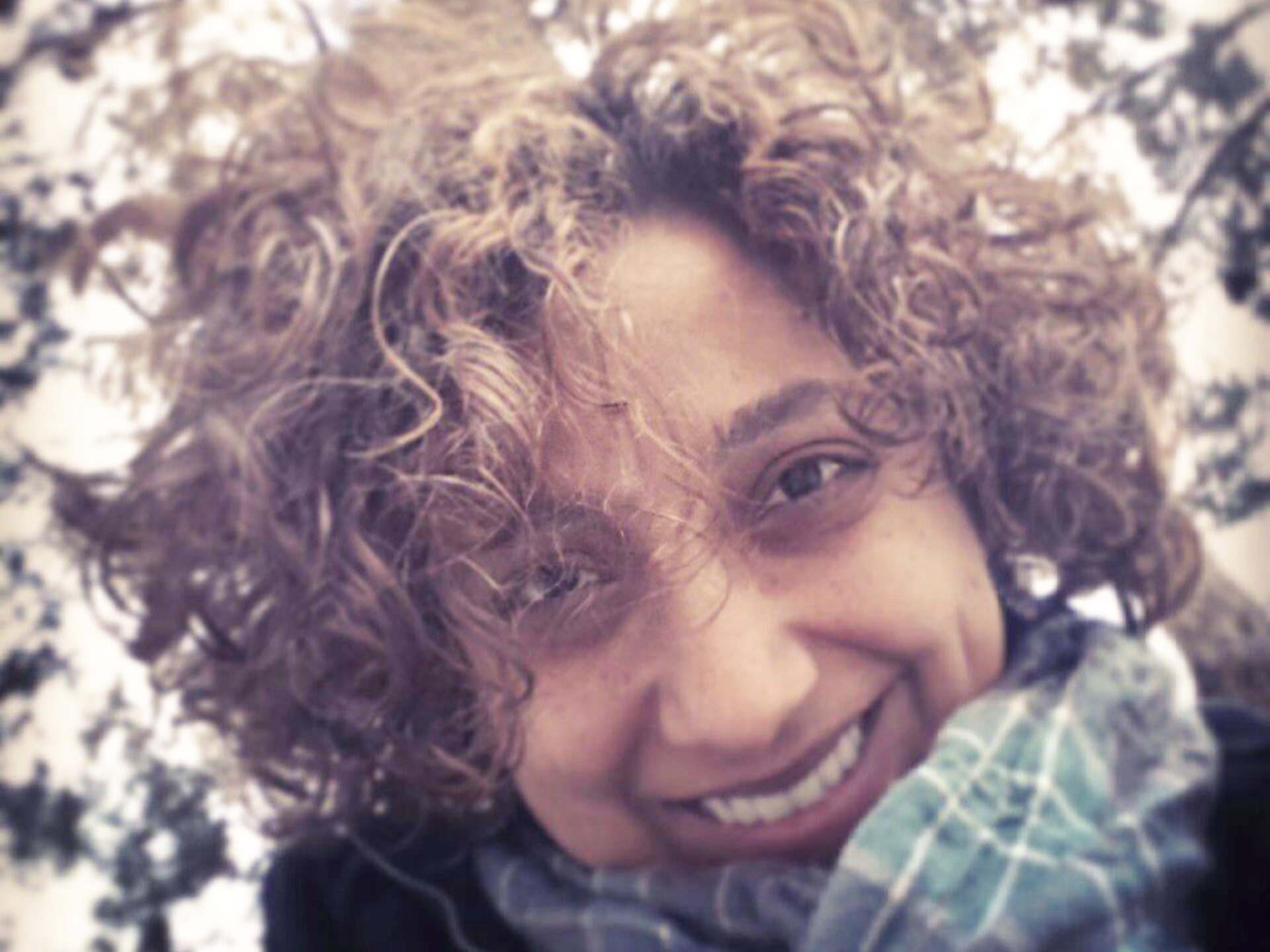
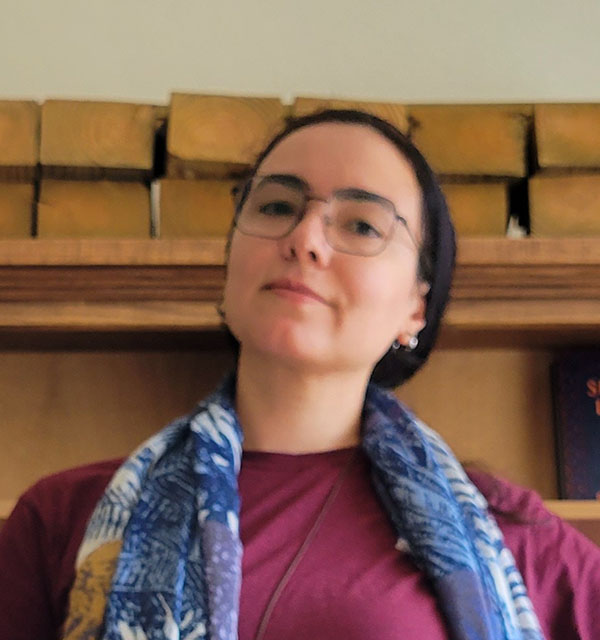

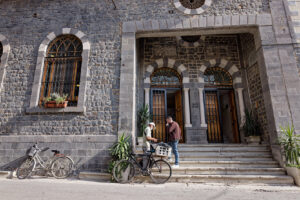



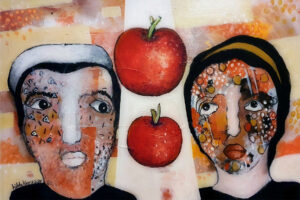















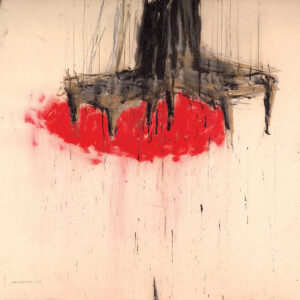

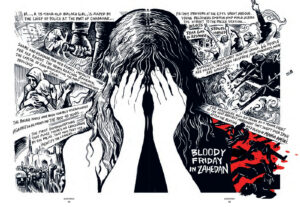








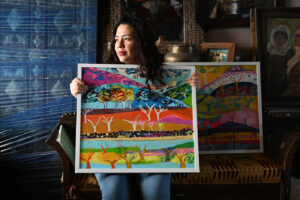

























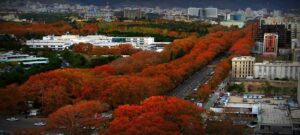













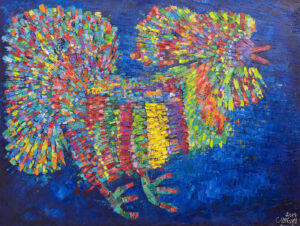

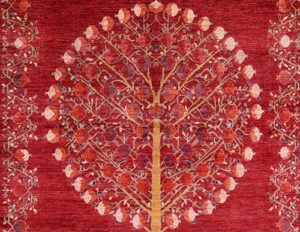



















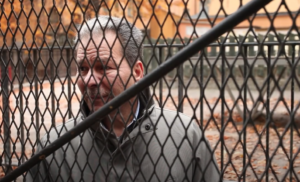















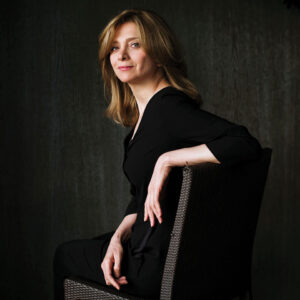
Le texte de Reem Al Ghazzi est terrible et magnifique . De désespoir et aussi d’espoir : réussir à dire , écrire , en lettre ou en image , c’est le début de du dépassement de son destin tragique auquel nous assistons à travers les mots . Merci d’avoir publié ce récit d’un parcours personnel, où l’instinct de vie finit par surgir malgré le constat de tant de perte et de tant d’injustice, et de l’abandon de la Syrie et de son peuple aux mains d’un régime tortionnaire .